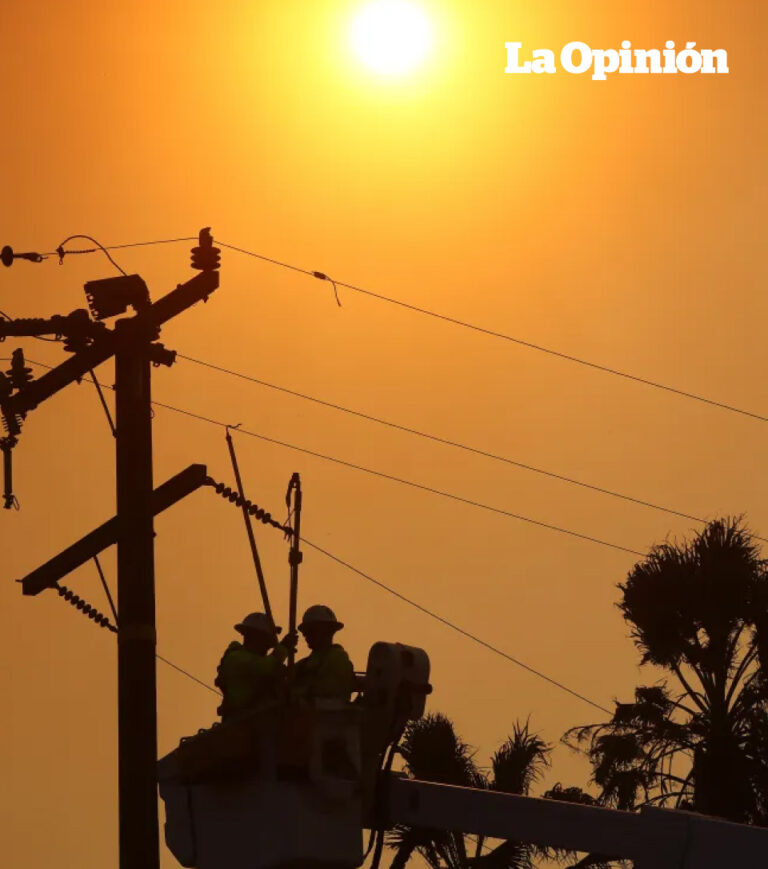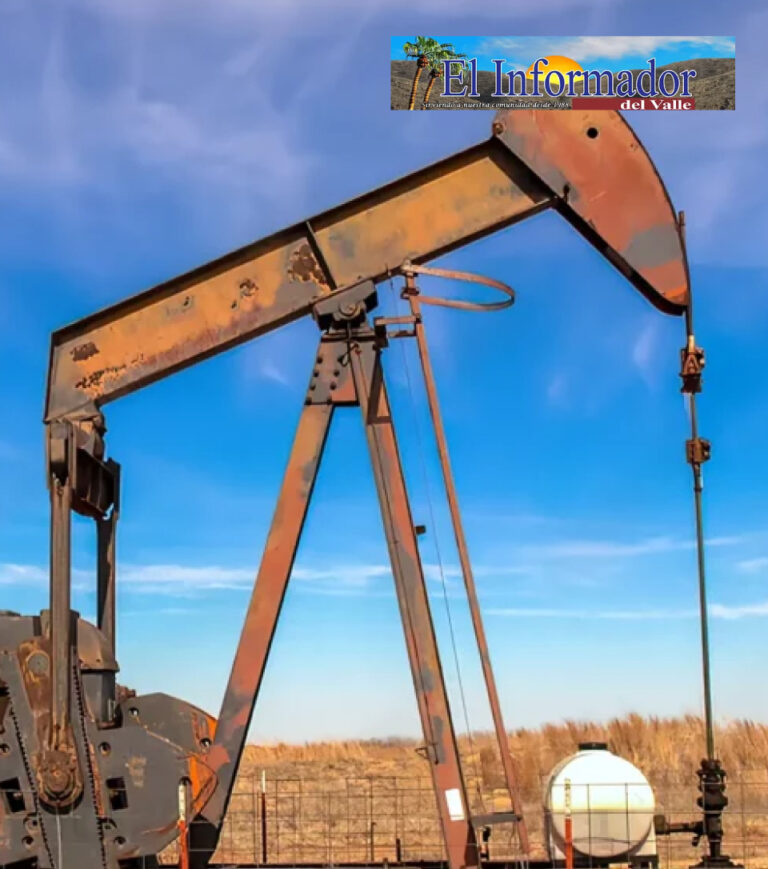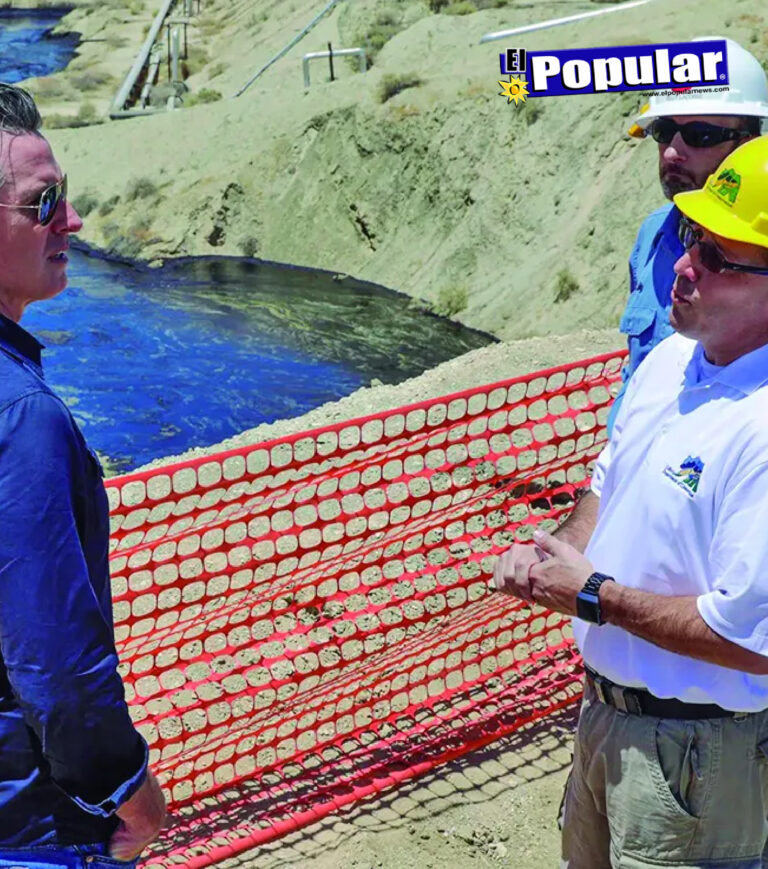The Western States Petroleum Assn., one of the state’s most powerful lobbying groups, earlier this year launched a messaging campaign called Levanta Tu Voz that seems clear in its objective: to exploit Latinos’ economic anxieties to slow the transition to zero-emission vehicles and equipment.
As part of that program the oil industry group spent nearly $1 million advertising on Spanish-language television and radio across the state, running a 30-second commercial that aired for six weeks in May and June. It features close-ups of people making tortillas, starting up gardening equipment, fixing a vehicle and picking produce. A concerned-sounding voice warns in Spanish that “new laws in California require our new vehicles and machines be electric” and that “if they take away the option of buying gasoline, living here will be more expensive.”
WSPA’s ads tell its target audience to “join the conversation if you agree,” and directs people to a website that says that “Latino families can’t afford a rushed transition to electric” and urges them to leave their comments and contact information to “share your story and tell policymakers.”
This type of campaign is not uncommon for the fossil fuel industry, which has a long history of using front groups, astroturfing, and other disinformation tactics to mislead the public and manufacture doubt about climate change and its solutions.
But the attempt to influence California’s largest ethnic group is especially cynical because it tries to take advantage of a community that is among the hardest hit by fossil fuel pollution and would benefit most from policies to slash emissions. It’s twisted for the industry to try to use Latinos to resist the state’s transition to renewable energy and electric vehicles so it can keep selling its polluting, health-damaging and planet-endangering products for as long as possible.
When the Times editorial board met with WSPA’s leaders in August, they insisted that support for electrifying the economy and phasing out fossil fuels was out of step with California’s Latinos, who they claimed are more focused on day-to-day survival than air quality or their future under climate change.
Argelia León, WSPA’s director of strategic partnerships and Southwest policy, who leads the Levanta Tu Voz campaign, said she’s heard from Latino communities that “we’re not prepared, this is too fast, too soon, we’re not ready for it, we can’t afford it.” She said California’s climate goals are aspirational and at odds with the reality the state’s 15 million Latinos live every day.
Talk about an overgeneralization. Latinos are not a monolith. It’s also wrong, as public opinion polls have shown that Latinos, like other Californians, are highly concerned about air pollution and climate change, and broadly approve of policies and spending to fight it.
As is often the case with disinformation, the group’s messaging campaign starts with a grain of truth: Latinos are being left behind in the transition to electric vehicles and equipment. These are valid concerns as wealthier Californians switch to EVs at higher rates, buying Teslas and other expensive models that remain largely out of reach for most lower-income families. We should all demand policies that make that transition equitable and affordable for all Californians.
But instead of presenting solutions, the oil industry offers only doubt and delay. It’s simply not in its interest to make electrification work.
The industry profits from every year that climate action is delayed, and WSPA spent $7.3 million last year lobbying lawmakers and other state officials to kill, delay or weaken measures that would protect the public from health-damaging pollution, cut greenhouse gases and protect consumers from price gouging at the pump, among other actions.
Spending six figures on ads is pocket change for an organization with members, including Chevron and Valero, that posted their highest profits ever last year while everyday Californians struggled to fill their tanks with gas that reached an average of $6.44 a gallon last summer, a record high.
It’s shameful that the oil industry is trying to use the Latino community for its advantage because its future is clouded by policies that are expected to reduce petroleum consumption in the state by more than 90% over the next two decades.
We shouldn’t fall for another delay tactic by an industry with a history of disgraceful and deceptive behavior. Its leaders knew for decades about the science showing that burning fossil fuels would dangerously heat the planet, yet they hid that information from the public. They have fought all manner of environmental, consumer and public health protections, but lie and claim they don’t oppose climate action. They now say they have the public’s interests at heart and will “elevate and give voice to Latinos who are often ignored.”
Why would we believe them?




